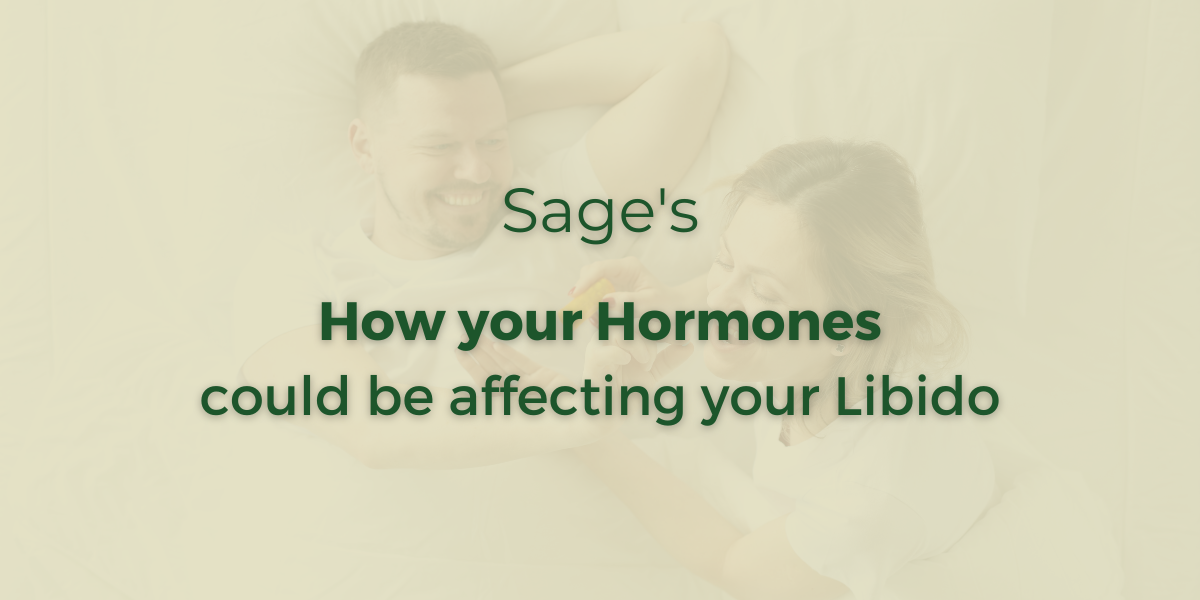
Low libido (or low sex drive) is a common complaint in my practice. It is often experienced in perimenopause as women experience significant hormone changes.
The main hormone involved in libido is Testosterone. Although most people know this as an important hormone for men, it is also an essential hormone for women. It affects libido, motivation, drive, and body composition. As testosterone declines most women notice a decline in their sex drive, difficulty losing weight and maintaining muscle mass. I measure testosterone as part of a thorough hormone panel and when appropriately addressed, can make a big difference for women. Unfortunately it isn’t always this simple. Your testosterone level may be normal even though you are experiencing lowered sex drive.
There are many factors to consider when assessing for the cause of low libido. More often than not I find the reason to be that most of us are TIRED and STRESSED. When you are tired, the last thing your body wants to do is expel ‘unnecessary energy’ on an ‘unnecessary act’. Your body is in conservation mode and wants to rest and recover. In this case, assessing your adrenal health and supporting your cortisol balance can make a big difference in your desire to engage in intimacy.
Be kind to yourself to allow yourself to rest. As a strategy, try to recognize optimal times of day for intimacy. Contrary to what most of us think and do, that usually isn’t at the end of a long day before bed.
Dr. Deanna Walker, ND
Naturopathic Doctor, Clinic Co-Owner
Sage Naturopathic Clinic